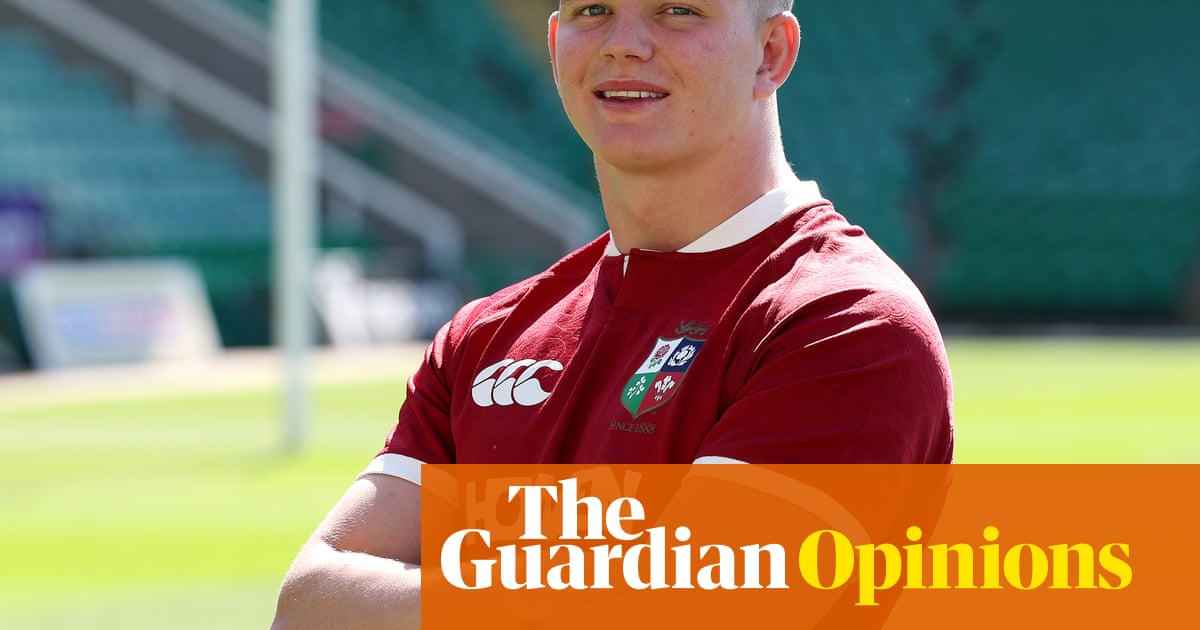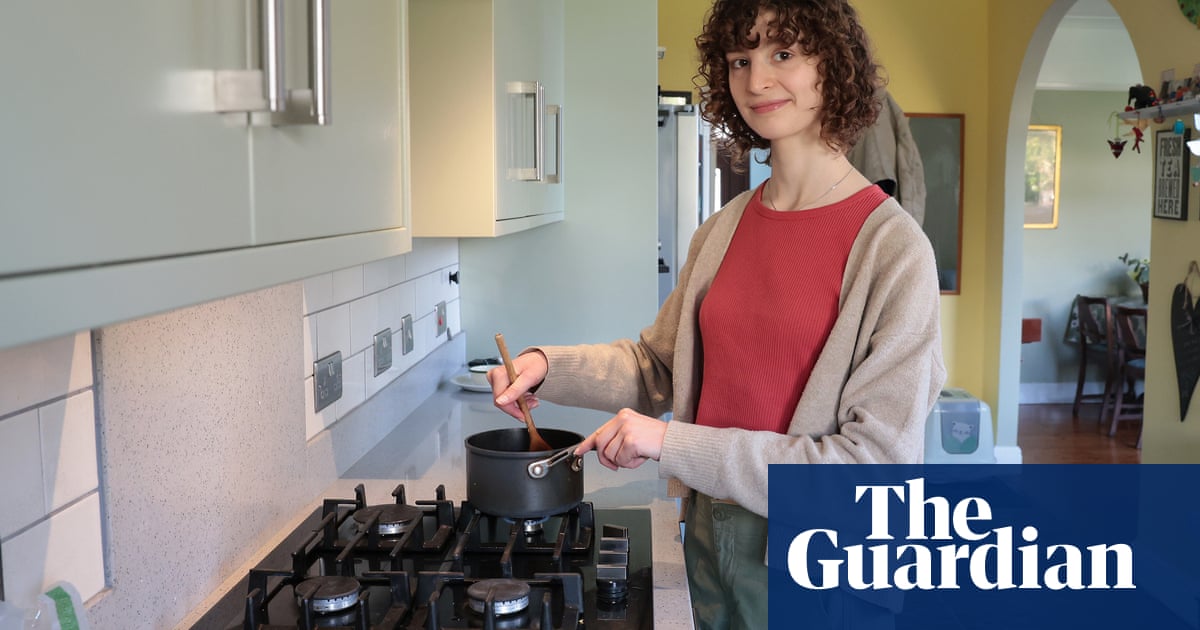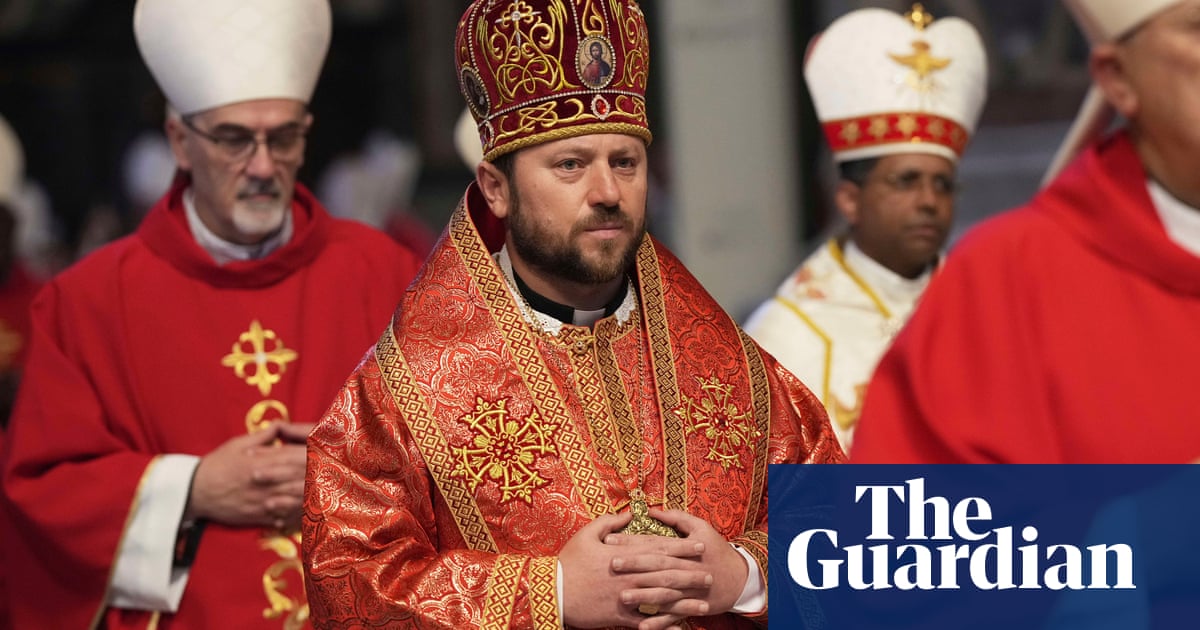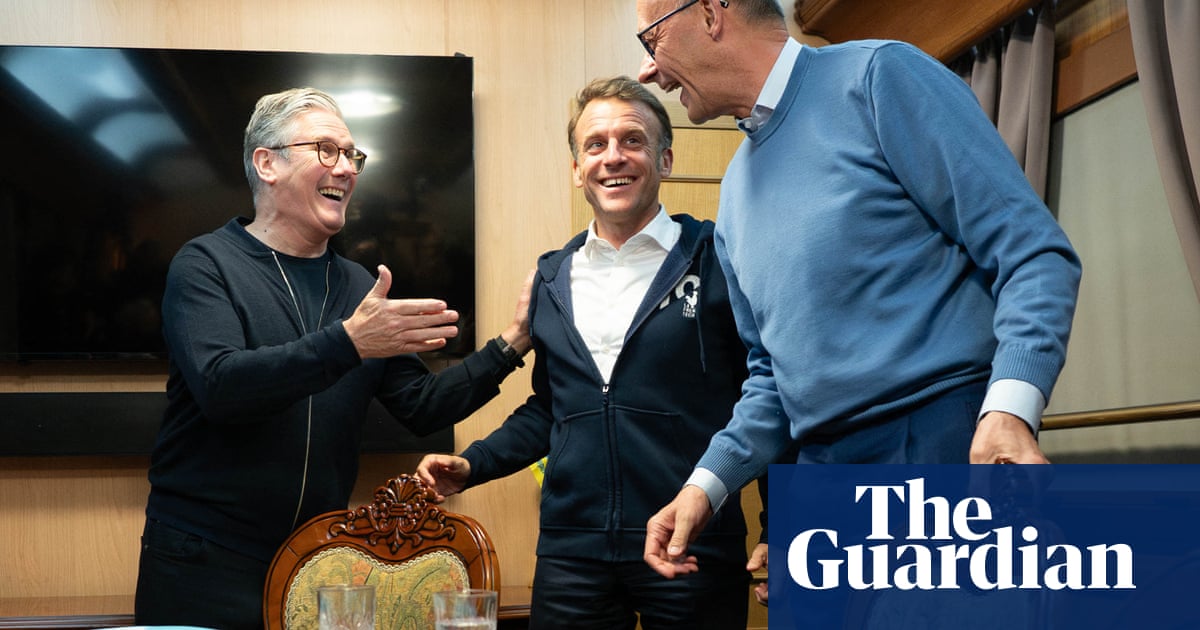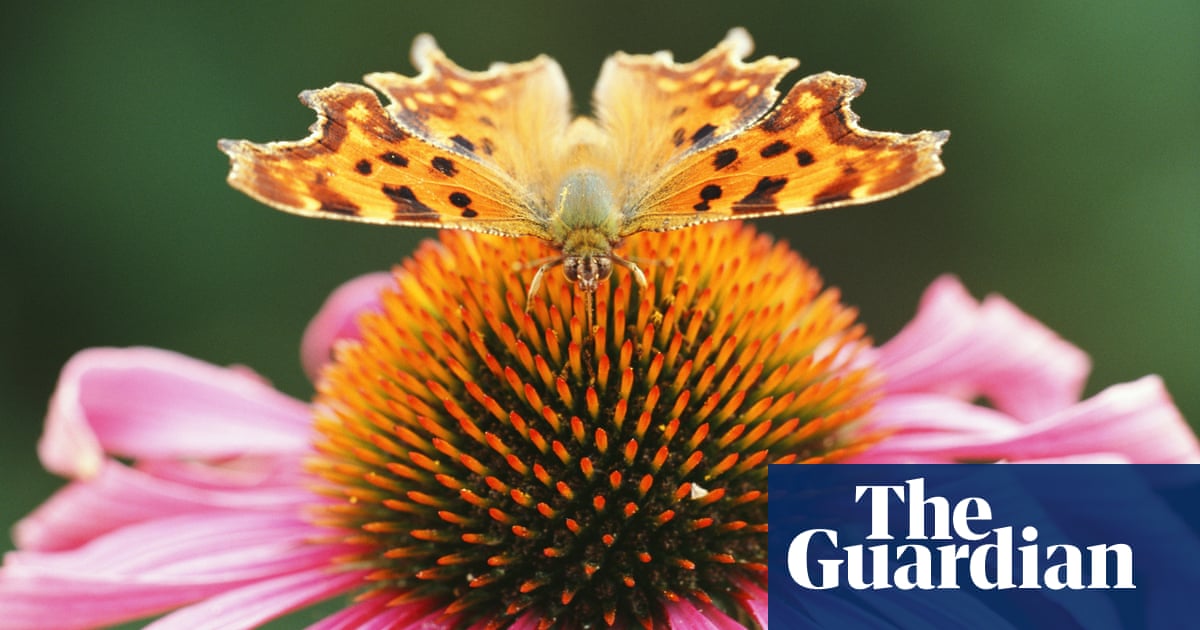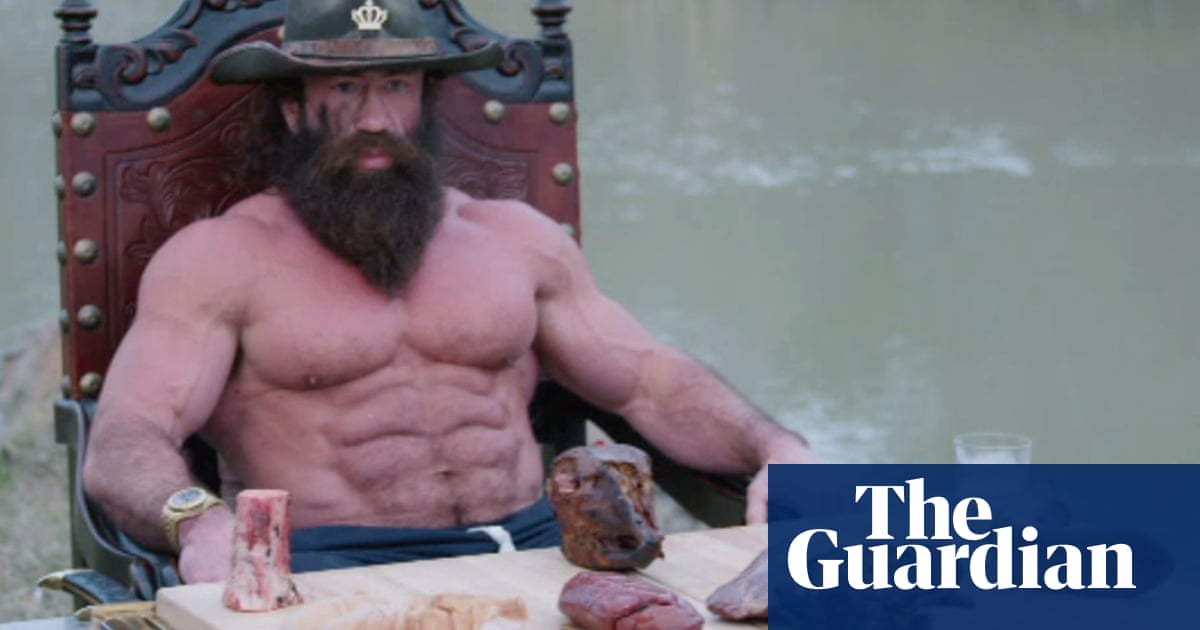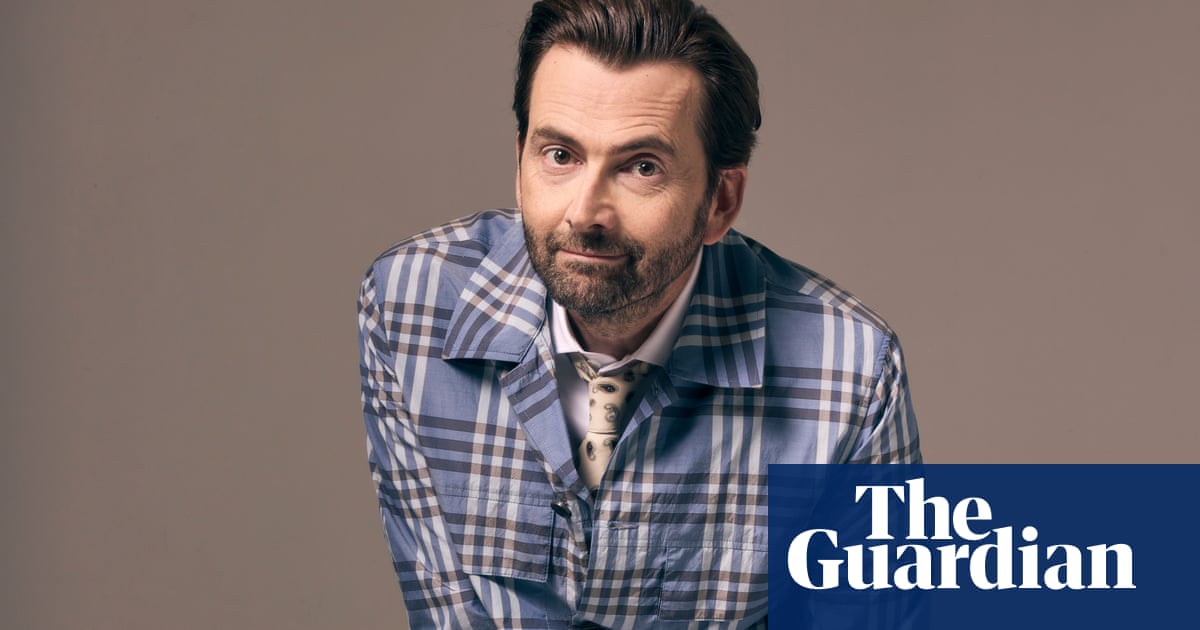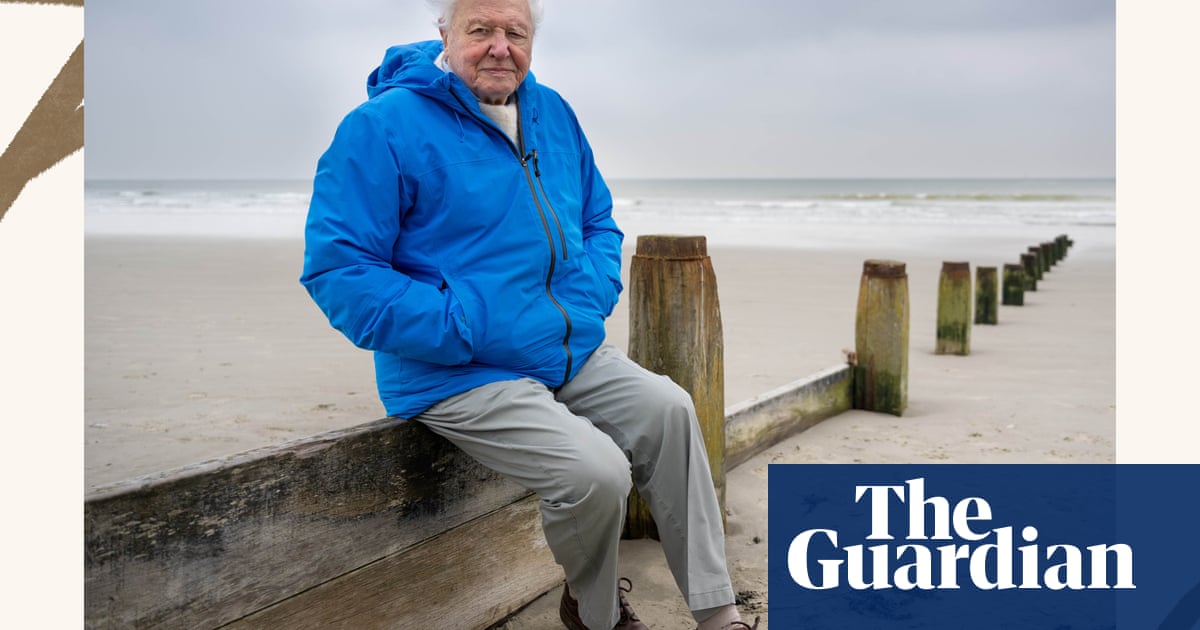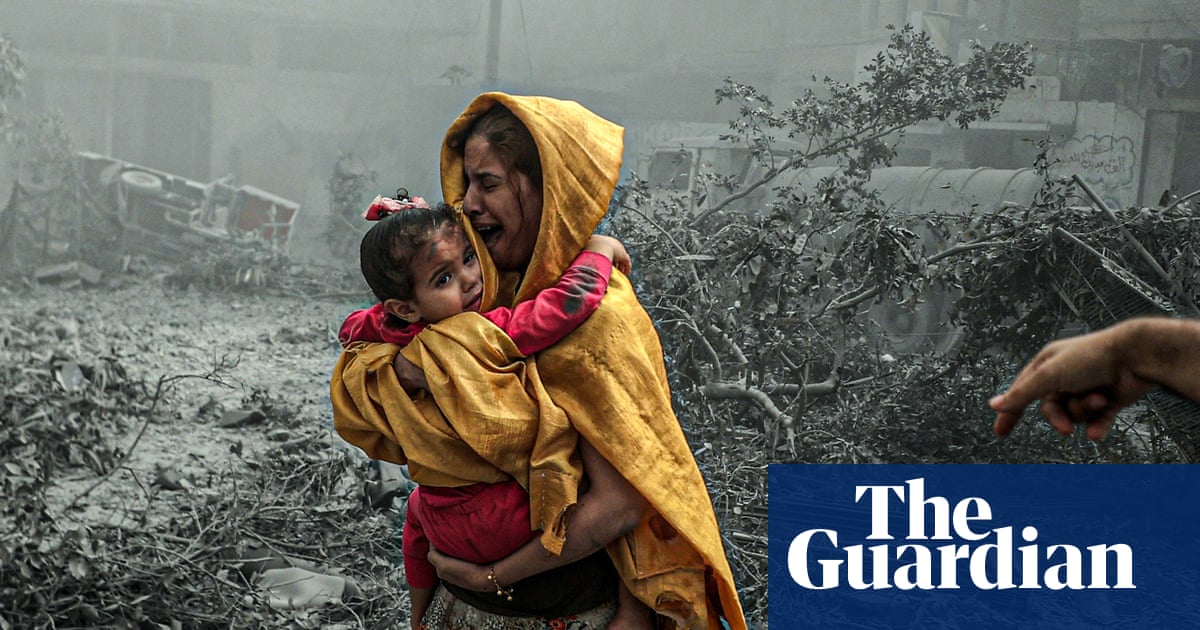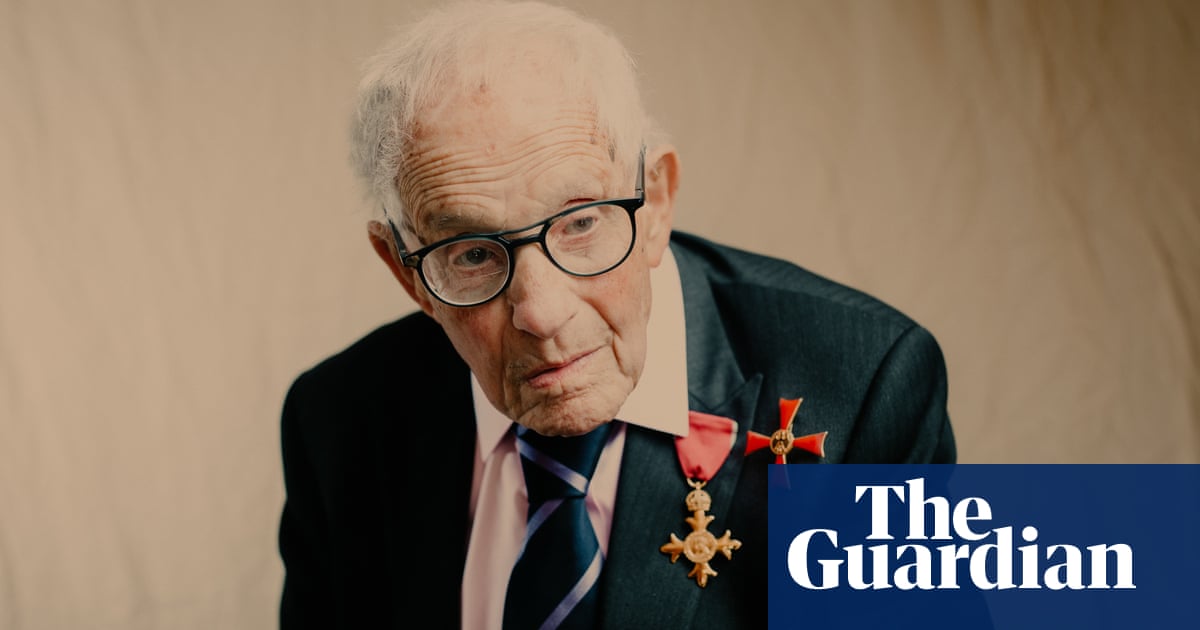Born in Devon in 1984, Lauren Cuthbertson joined the Royal Ballet School aged 11 and the Royal Ballet in 2002, becoming a principal six years later. She has danced leading roles in all the great classical ballets including Swan Lake and The Sleeping Beauty, has performed in works by Kenneth MacMillan and Frederick Ashton, and created many new ballets, particularly those by Christopher Wheeldon, who cast her as Alice in his three-act Alice’s Adventures in Wonderland, and as Hermione in The Winter’s Tale. She has recently become principal guest artist at the Royal Ballet and is taking a teaching diploma. She lives in west London with her boyfriend and their two daughters, aged four and two.
You’re about to make your debut as Tatiana in John Cranko’s Onegin, based on Pushkin’s classic verse-novel. How are you feeling?
It’s a funny sensation making such a significant debut so late in my career: it made me feel quite vulnerable, but also it was very thrilling. It’s been a lovely journey but it’s surprisingly physical. I did my first run through on stage at an 11am rehearsal and when I went to tear up Onegin’s letter at the end [as Tatiana sends him away], I had no strength in my arms. I hadn’t anticipated that. Mind you, an early call is always weird – it’s hard to eat properly. You might have a bit of breakfast, but suddenly you finish the rehearsal, and it’s 2pm. You can’t eat a sandwich in the middle of a three-act ballet.
Do you do background reading as well as just learning the steps?
I’ve been completely consumed with it. I bought a first edition of the Pushkin and then another copy from Waterstones that could get ruined in my handbag. Tatiana is an amazing character.
She ages on stage from a young girl to a mature woman. Every ballerina is always the wrong age for some of it…
There are some ballets where I think about age, but if you feel you can transmit the essence of the character, that transcends age. And yet I’m not doing Romeo and Juliet this season, not because I don’t love it, but because I felt it might be someone else’s opportunity now. I feel genuinely fulfilled.
And in Alice’s Adventures in Wonderland, you’ve stopped playing Alice and now play the wicked Red Queen?
Oh, that was a trip! You don’t know if it’s good until you’ve got an audience and they laugh. It had been such a whirlwind creating Alice when I was younger and coming back to it and being the Queen was like flipping a coin. I thoroughly loved all eight shows, apart from the performance when I went to collect the plate of tarts – and there were no tarts! I wanted the stage to open up. I had to carry on. But I was as cross as the Red Queen could be.

Dancers, like sports people, know their career ends young. How do you navigate that knowledge?
You can’t plan your life because who knows what opportunities there are out there. My daughter Peggy doesn’t want me to stop dancing. But I don’t see gradually stopping performing as a sad thing, perhaps because I am still dancing. There’s a saying that dancers die twice, the first time when they stop dancing. But if you look at it with the glass half full, it means dancers get two lives.
Why did you decide to take a teaching diploma at the Royal Ballet School?
I felt like I needed some foundations. I might not be a teacher my whole life, but I think in some capacity I might be a coach. I didn’t want to miss out that step in terms of the classwork and the pedagogy of learning. As dancers, you don’t ever get to really learn for the sake of learning. We don’t go to university. I had my contract with the Royal Ballet when I was 17. So now, I wanted just to learn things.
You’re one of the few female principals who have children. How do you manage that?
When I met Matt, my boyfriend, I got pregnant quite quickly. It completely changed my life – my children are lovely. I have a Norland nanny [trained at the prestigious Norland College], and I have benefited from that peace of mind. But sometimes at weekends I’ll take a child with me to work. I love the fact that my daughters will grow up understanding the theatre. And I always try to make sure they understand everything that goes on behind the scenes as opposed to just focusing on the ballet.
How would you feel if the girls wanted to dance?
If they want to, then that’s fine, but if they want to retire when they’re seven, that’s even better. They do love doing ballet but perhaps that’s because they see me doing it. They’ve both got some artistic qualities, but maybe I’m just imagining that!
after newsletter promotion

What made you want to dance in the first place?
I was sent to ballet because I was happy-go-lucky, and my good scouse mum took me to a strict ballet teacher who taught discipline and good posture. Apparently on my first lesson it was like watching a duck take to water. I just never looked back. It was never a question of, “do you still want to do it?” It was always just, what’s next? It felt like my destiny. I’ve been on stage since the age of four.
Do you think the ballet world has changed since you started?
There’s definitely a focus on the whole person now. There is a lot of support for any sort of issues that you might be having and people around who can spot them as they arise. It feels like a safe space. Also, individuals and individuality are celebrated. And the more that happens, the more ballet will broaden.
Is there anything you think you would’ve liked to do if you weren’t a dancer?
When I was at school, you had to write down the things you would want to be if you weren’t a dancer and I wrote: interior designer, tennis player, detective. Matt and I share a passion for interior design, and we’ve done a couple of projects together. Would I do it full time? Who knows?

 3 months ago
55
3 months ago
55


